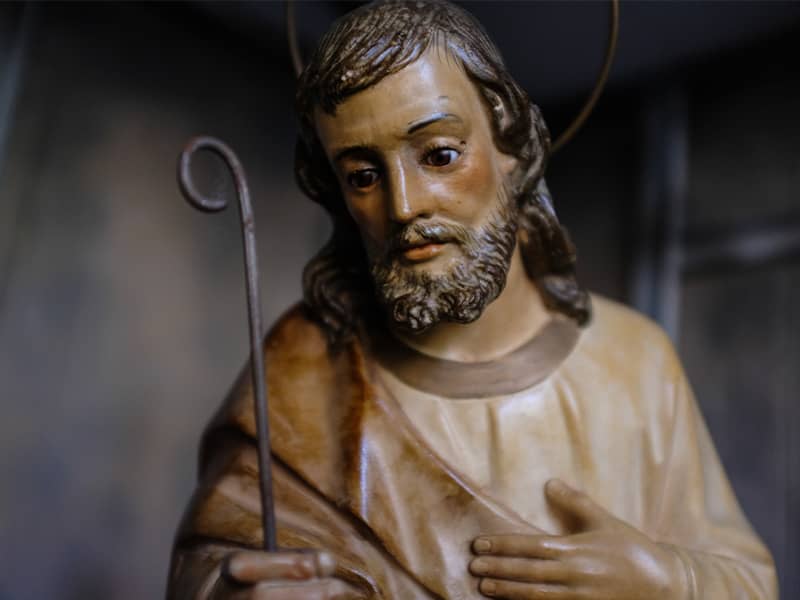I think they are shocked when I point out that as conservative Catholics, they should be the first to respect authority in the church, which gives bishops and popes alone the right to pronounce an excommunication, not lay persons like them. Since no bishop or pope--and I am reasonably sure that these authorities know who I am and what I believe--has chosen either to pronounce me excommunicated or declare that I have automatically excommunicated myself, I am confident that I remain in good standing with the church.
That is because church authorities know full well that whatever disagreement I have with official Catholic teaching about abortion, and however strongly the institutional church might wish to state its opposition to abortion, there are no grounds in church law for excommunicating me. The Catholic Church respects its own style of teaching well enough not to violate its own rules and excommunicate either me or the many other American Catholics, including members of Congress, for advocating that abortion should remain legal. Catholic to the core, I really really believe that the Catholic Church is faithful to the message of Jesus, which was one of inclusion, not exclusion. Who, you might ask, needs the church more-- the sinner or the sinless?
As to the church's rules on excommunication: Only a handful of sins subject one to automatic excommunication. Most of those can be committed only by priests or bishops--such as violations of regulations pertaining to hearing confessions--or inside a church--such as desecrating the Eucharist. Only two sins can be committed by ordinary folks in secular surroundings. You excommunicate yourself if you willfully procure an abortion (that is, you recognize the act as sinful but do it anyway), or if you try to assassinate the pope. According to the 1983 Code of Canon Law, no other killing warrants automatic excommunication. Furthermore, the church does not want to excommunicate Catholics willy nilly, and so in order for this sanction to apply, the church interprets the words "procure an abortion" strictly. To procure an abortion means to have one or to perform one. Advocating abortion in the courts or the political arena does not constitute procurement. Nor, even, is directing an abortion clinic, as I did some 20 years ago. The late Supreme Court Justice William Brennan, Sens. Edward Kennedy and Patrick Leahy, and former Rep. Geraldine Ferraro, all pro-choice Catholics, have never been excommunicated. Indeed all of them at various points in time have publicly received Communion, which is not allowed to the excommunicated. I remember seeing Gerry Ferraro at the height of the 1994 debate between the Holy See and the U.S. government on the issue of abortion in Cairo going off to a Mass offered by the Vatican at one of the embassies.
But in the end, I believe the reluctance on the part of church leaders to excommunicate me and others who advocate but do not procure legal abortions is less related to pragmatism than to a deep, strikingly Catholic desire to embrace all of us who are united by baptism and to seek conversion, not exclusion. This is what keeps me slipping into pews in churches around the world, receiving Communion, and saying, Yes, I am Catholic. After all, the Catholic Church is not about abortion, it is about the sacred and about justice. I do not expect ever to be formally excommunicated, and I will never commit the sins that mean I automatically excommunicate myself, even though that, ironically, is the only formal "power" the institutional church grants women.

